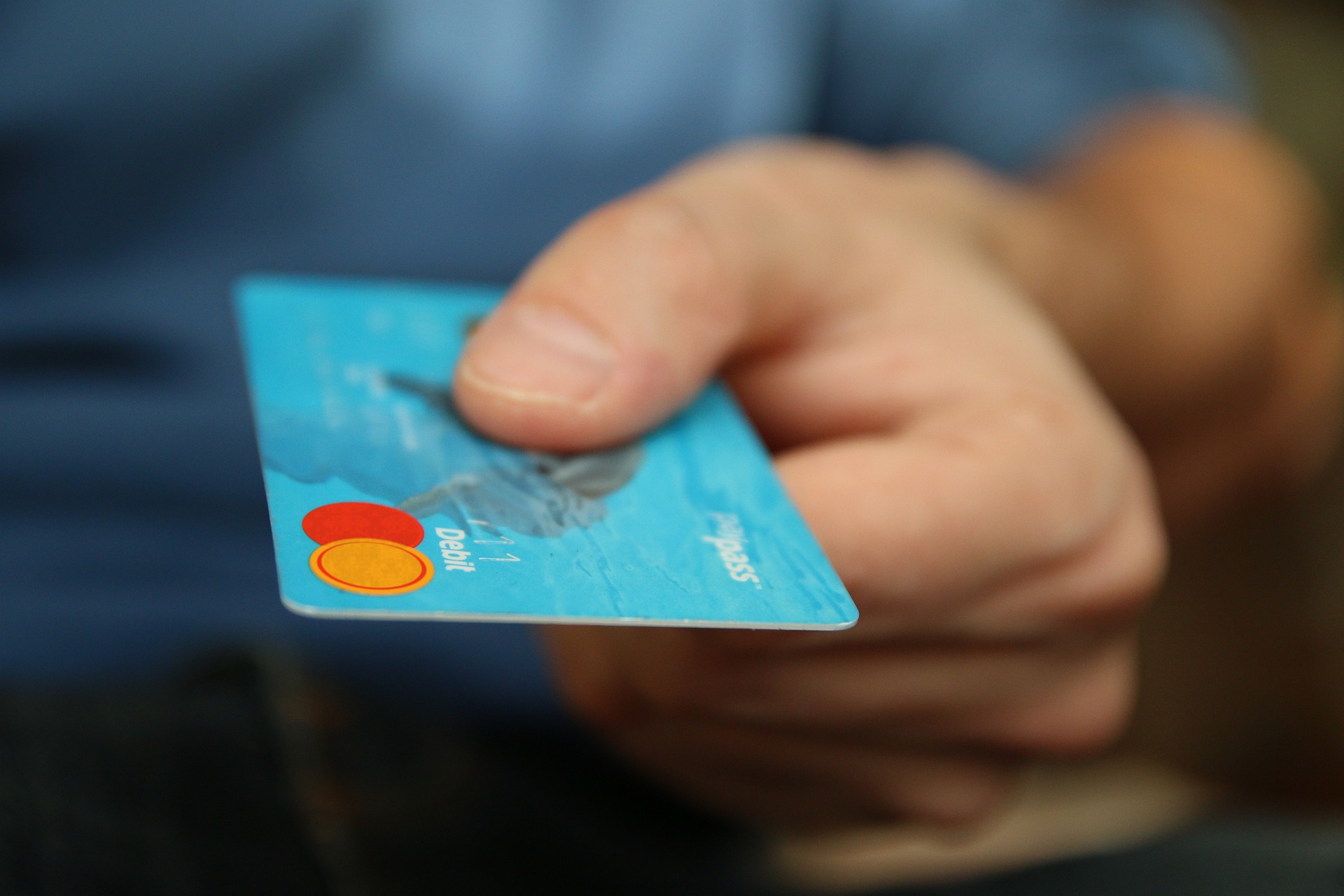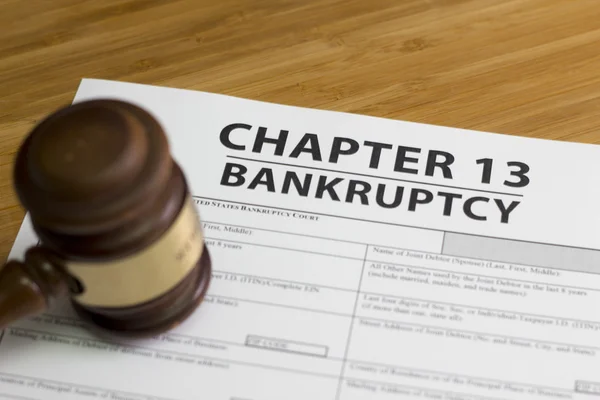If you’re thinking about taking out a payday loan, it may be helpful to consider 10 common-sense steps you can take before you sign on the dotted line.
While you may still end up deciding to take out one of these loans, at least you’ll know you did your due diligence and considered all your options.
Here are some steps to consider before taking out a payday loan.
1) Review your budget
One of the first things you should do before taking out a payday loan is review your budget.
What are your expenses?
How much money do you need to make each month in order to live? Do you need an emergency fund?
If so, how much do you need and how often will you be able to set aside that amount of money?
When creating a budget, consider all your debts and obligations, including credit card balances and student loans.
Look at what you spend on non-essential items such as cable or cell phone bills or dining out frequently.
After reviewing your income versus expense ratio, evaluate if there are any changes that can be made to save more money.
For example, can you reduce the cost of utilities by buying cheaper alternatives? Can you cut down on eating out by packing lunch from home?
Can you create a plan with your credit card company to lower your interest rates and monthly payments?
Once you have analyzed all of these options, it’s time to decide which one makes the most sense for you.
2) Determine why you need the loan
A payday loan might be the only option for people who need money in a hurry and have no other way of getting it.
Before taking out the loan, figure out how much you can afford to pay back each month and decide how long you need the money for.
The longer the term, the lower your monthly payments will be.
Decide if you want an installment or a line of credit type of loan. If you choose an installment loan, ask what will happen if you cannot repay your debt on time because most lenders charge extra fees and penalties on late payments or missed payments.
Take care to read over the terms before signing anything.
Avoid using a payday loan unless absolutely necessary as they can end up costing more than they save by enabling borrowers to get caught in a cycle of high-interest borrowing that is difficult to escape from.
3) Compare interest rates and fees
It is important to compare interest rates and fees before taking out a payday loan. While the APR may be lower than some other sources of credit, there are many hidden fees associated with these loans that can add up quickly.
Plus, they typically have higher APRs than traditional lending institutions.
If you’re unsure what your credit score is or don’t have any savings or collateral in case you can’t repay the loan on time, then this type of loan might not be right for you.
Additionally, if it’s been more than six months since you last received steady income or job security, another form of borrowing money like a personal line of credit might be better suited for your needs.
In conclusion, it’s best to explore all the options available before applying for a payday loan. Check with your bank to see if they offer lines of credit or personal loans.
Compare the interest rates and fees from different lenders so that you can find the one that best fits your needs.
4) See if you can borrow from family or friends
The best way to avoid taking out a payday loan is to not need one. But if you do, try borrowing from friends or family first.
If you’re able to get money that way, great! If not, it’s time for the next step.
Ask your employer about an advance on your paycheck: Your boss may be willing to advance you some cash without charging interest.
Try asking if there are any bonuses coming up and ask about getting a bonus early. Look into other options like loans with lower interest rates or credit cards:
It’s always worth checking to see what kind of rates and terms you can find elsewhere before resorting to payday loans.
There are other alternatives available such as loans with lower interest rates or credit cards which could help you in this situation.
If those don’t work out, then it might be time to take out a payday loan but make sure you have considered all the possible steps before making that decision.
5) Get help from a non-profit credit counseling agency
If you are considering taking out a payday loan, you should contact a non-profit credit counseling agency first.
They can help assess your situation and advise you on what course of action is best for your needs.
6) Maintain a budget that covers all expenses and include an emergency fund:
To avoid the risk of running into debt again, set up a budget that covers all expenses including food, housing, utilities and transportation.
Include an emergency fund in this budget so that if something unforeseen happens, such as car repair or job loss, you have some cash reserves available to pay off any debts or cover essential living expenses while looking for work.
7) Find other sources of income to supplement your current earnings:
Even if you are not in immediate need of money, exploring ways to supplement your current earnings will make it less likely that you will need a payday loan down the road.
Working extra hours at work, picking up part-time shifts at another place, going back to school or finding a better paying job are just some examples of things you can do now which will make it easier when emergencies arise later on.
8) Consider alternatives to payday loans
If you have an emergency and need cash quickly, it might be tempting to turn to a payday loan.
But before you take out one of these expensive loans, there are some other options you should consider. Here are few steps you can take before resorting to payday loans.
Ask your employer for an advance on your paycheck or inquire about the possibility of taking out more time off work with vacation or sick leave.
Contact your utility company to see if they offer payment plans.
Seek assistance from friends, family members or co-workers who might be able to lend you money until you receive your next paycheck.
Apply for a personal loan through a bank or credit union (rates will vary depending on credit score).





